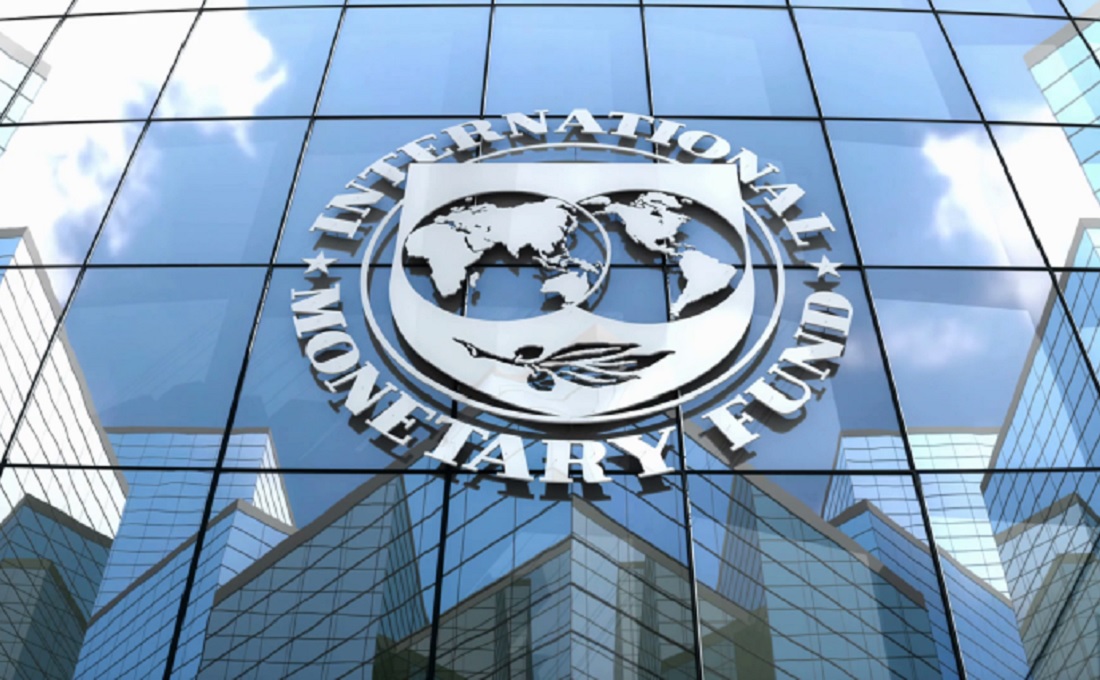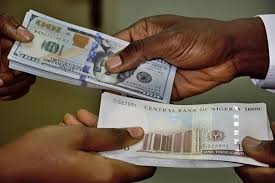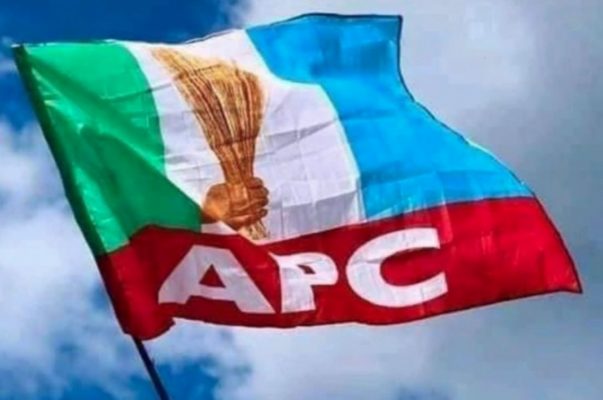CBN’s FX backlog clearance boosts naira stability- IMF

..As Edun calls for increased oil production to ease forex challenges
BY MOTOLANI OSENI
The International Monetary Fund (IMF) has highlighted that recent policy actions by the Central Bank of Nigeria (CBN), particularly the clearance of a significant foreign exchange (FX) backlog and ongoing interest rate hikes, have brought much-needed stability to the naira.
This is even as the Finance Minister and Coordinating Minister of the Economy, Wale Edun, also underscored the need to increase Nigeria’s oil production to tackle ongoing FX supply issues.
Edun emphasised that a boost in oil output would alleviate pressures on the foreign exchange market, driven largely by the Federation Account Allocation Committee (FAAC) disbursements.
The IMF’s latest Fiscal Monitor report noted these interventions as critical in halting the rapid depreciation of the currency, as Nigeria battles both internal and external economic pressures.
READ ALSO: Parents of minor killed by NDLEA officers seek..
The IMF’s report comes at a time when Nigeria’s external reserves hit a 30-day moving average of $39.156 billion as of October 21, 2024, a modest increase despite ongoing FX supply challenges.
The naira, though still facing volatility, has shown signs of improvement following these policy shifts. On Tuesday, the currency traded at N1, 653.02 to the dollar in the Nigeria Autonomous Foreign Exchange Market (NAFEM), marking a 3.1 per cent depreciation from Monday’s rate of N1, 603.16.
However, the gap between the official exchange rate and the parallel market continues to present concerns, with black market rates closing at N1, 725, nearly N100 higher than the official rate.
A major factor in these developments is the CBN’s clearing of an estimated $7 billion in overdue FX obligations earlier this year, a move that has significantly reduced pressure on the currency.
The apex bank has also introduced multiple strategies to stabilise the market, including consecutive hikes in the Monetary Policy Rate (MPR), which now stands at 27.25 per cent, up from 26.75 per cent in September. This increase brings the total MPR adjustment for 2024 to 850 basis points, aimed at curbing inflation and supporting the currency.
Looking ahead, the CBN is preparing to roll out the Electronic Foreign Exchange Matching System (EFEMS) in December 2024, a digital platform designed to improve transparency and governance in FX transactions. The system, which has already entered its test phase, will be mandatory for all interbank FX transactions, ensuring that trades are recorded in real-time, reducing speculative activity, and eliminating price distortions.
According to the CBN’s Director of Financial Markets, Dr Omolaral Duke, the EFEMS will provide the apex bank with better oversight capabilities, helping to regulate the FX market more effectively while creating a market-driven exchange rate accessible to the public.
In tandem with these monetary efforts, the Minister of Finance and Coordinating Minister of the Economy, Wale Edun, has stressed the urgent need to boost Nigeria’s oil production to address the persistent FX shortages.
Speaking at the Intergovernmental Group of 24 (G24) meeting on International Monetary Affairs and Development, Edun emphasised that increasing oil output is essential to solving the forex supply dilemma.
He pointed out that as an oil-producing nation, Nigeria’s foreign exchange earnings are closely tied to its production levels.
“We need to ramp up oil production to address supply shortages and ease pressures on the FX market, especially during periods of significant inflows like FAAC disbursements,” Edun stated.
Edun also addressed the broader impact of Nigeria’s economic reforms, noting that while these adjustments are necessary to stabilise the economy, they must be implemented with a focus on protecting vulnerable populations.
“In devising reforms, it’s crucial to ensure that social safety nets are in place to cushion the most vulnerable against the immediate costs, particularly as inflation spikes and the cost of living rises,” he said.
He called for increased international support from multilateral institutions such as the World Bank and IMF to provide concessional funding for Nigeria and other G24 countries.
“This funding should be designed not just to meet immediate fiscal needs but to support long-term developmental goals, helping nations implement sustainable macroeconomic reforms”, he said.
The minister, however, observed that while central banks in developed countries have begun easing monetary policy due to declining inflation rates, developing nations like Nigeria continue to face high interest rates as part of their ongoing fight against inflation.










